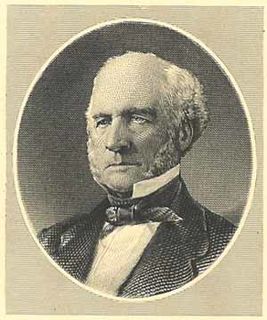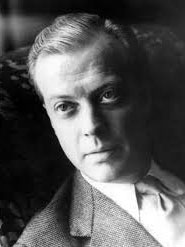A Quote by C. S. Lewis
Related Quotes
I know animals more gallant than the African warthog, but none more courageous. He is the peasant of the plains - the drab and dowdy digger in the earth. He is the uncomely but intrepid defender of family, home, and bourgeois convention, and he will fight anything of any size that intrudes upon his smug existence. ... His eyes are small and lightless and capable of but one expression - suspicion. What he does not understand, he suspects, and what he suspects, he fights.


































